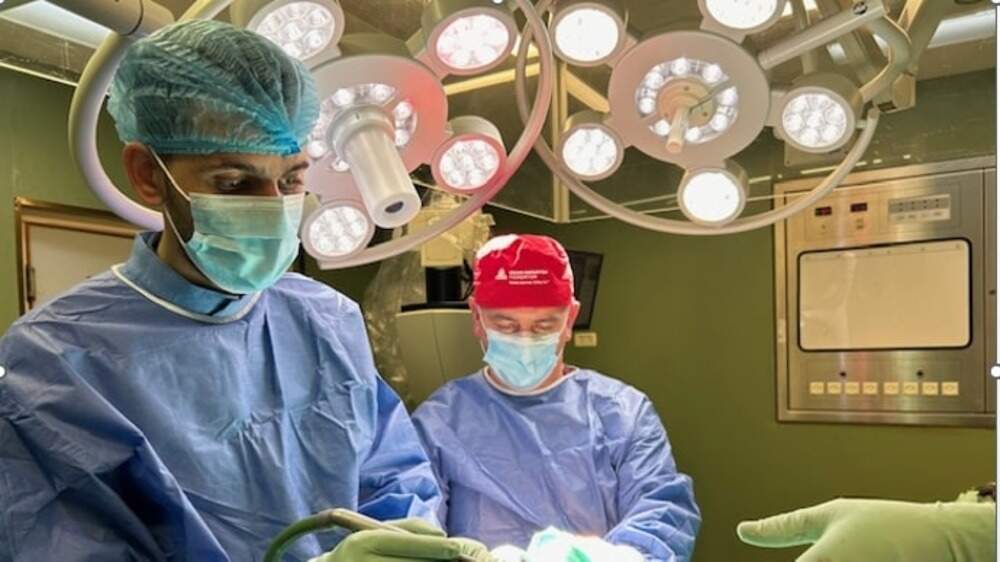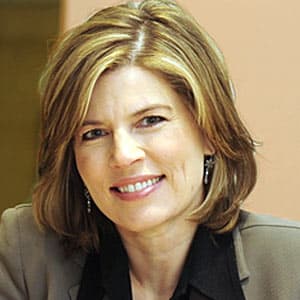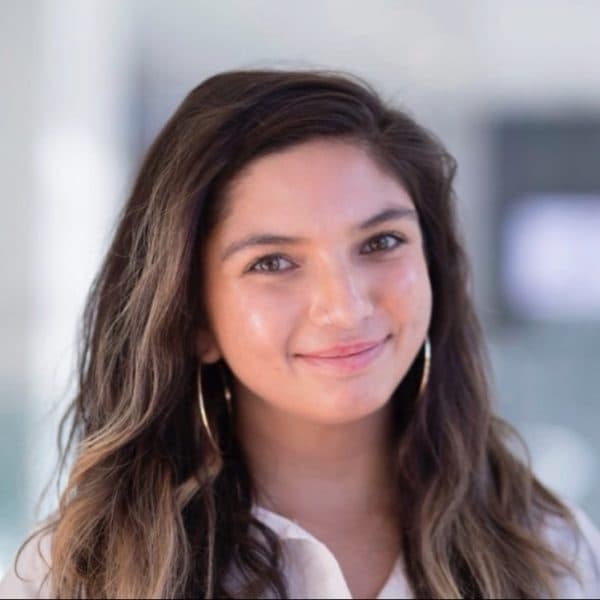Advertisement
'My body left Gaza but my heart is still there': A neurosurgeon on what he saw in Gaza
Resume
Gaza health officials say some 60,000 people have been injured during the Israel-Hamas war.
International organizations and health care workers in the region stress the profound need for more humanitarian aid as Israel’s bombardment continues. Neurosurgeon Dr. David Hasan from North Carolina spent a week in Gaza in late December after the United Nations passed a resolution calling to open ports for aid.
Within 24 hours, Hasan and doctors from the U.S., Canada and Europe — a member of the first medical team to enter Gaza since Oct. 7 —met in Cairo. Israel has targeted hospitals in Gaza, saying it discovered tunnels underneath them.
Hasan says he knew he may not return home, as the doctors were warned of the high chance of suffering injuries or getting trapped in Gaza.
“Seeing innocent civilians, specifically kids, women, and elderly, have minimal access to health care during this period of time, it was no question that I needed to help as much as I can,” Hasan says. “And when that opportunity opened up, I did not hesitate.”
7 questions with Dr. David Hasan
What were you thinking as you drove into Gaza through the Rafah border crossing? What did you see?
“There were two things that struck me really hard. One is the inefficient process of transferring aid inside Gaza. There were approximately 10 miles of 18-wheelers full of aid on both sides of the highway, four lanes, waiting to enter. There was the epitome of inefficiency of crossing this aid over there. And that was also frustrating, because on the other side when I entered, people have nothing. And this aid could make a difference, if you will.
“The second thing when I entered was the devastation that I saw. Almost buildings that are carpet, uh, bombed, if you will. 70% to 80% of the buildings completely destroyed, and people in despair.”
What are the conditions in the hospitals? What kind of work were you able to do?
“The healthcare in Gaza is collapsed, if you will, and in very dire conditions. In many ways, the hospitals are not functioning at all. There's only two or three hospitals out of the 35 that is functioning. There's no medical supplies at all at this point, or very minimal to carry complex operation. The noncommunicable diseases, [there is] no infrastructure to take care of these patients.
“I was able to do several surgeries while there, mainly related to trauma and one semi-elective surgery, so I did over 15 surgeries, and sometimes even without access to water to scrub and wash my hands. And sometimes I had to operate on two patients in one room because of lack of OR rooms and the mass casualties.”
What about patients with medical conditions like having a stroke or needing dialysis?
“If you walk in the [emergency department] with any of these conditions, the staff and the health care providers are overwhelmed and they don't have the resources to look after that. Most of the people working in the hospital are surgeons and geared toward trauma.”
Tell us what you know about a child named Jacob’s story.
“The morning, I think it's day four when I was there, we had a mass casualties that came in. One of them is almost a 2-year-old that came alone. No family members with him at all. He was barely breathing. And so we tried our best to rescue the 3-year-old and we couldn't.
“We didn't have a name for him. We found out later that all his family were killed. So he was alone, and I had to pronounce him dead. And at that time, it struck me — this is a kid. It just broke my heart, and I thought of him as [he] could be as my son. So I had to give him a name.
“I called him Jacob, and that's what I would [have] named my son if I had one. I had a beautiful daughter. And so I carried him and held him very close to my chest and teared for him and mourned him. Because this is a human being that has a story, has a family, has a name. But he has no one at this point, so I held him very close to my heart for a few minutes, I said the last prayers for him, and then wrapped him in a white cloth, and the team took him for burial.
“That's one of many, many, many kids that unfortunately are the victims of this war.”
What is it like for children in Gaza, who make up 40% of the population there?
“Terrified. The terror in their eyes. And some of the kids just don't talk from the trauma. They're just closed up. They're sitting there. Some of them shaking. Their behavior literally just a manifestation of severe PTSD. Some have managed to work around and work with other kids.
“My daughter, a 7-and-a-half-year-old, when I went, she went and bought a big bag of small stuffies and lollipops. And so I used to walk around and try to give these kids. And just to see that the small, they have not seen a candy for three months. Some of them have not seen food for days or water. There's no kid. In the world, no matter what color, ethnicity, race, whatever, should go through that process.”
Your parents are from the West Bank. This was your first trip to Gaza. Is there a message that the people you spoke with in Gaza wanted you to convey to us?
“They want, if [at] all possible, just immediate ceasefire. For a condition to allow them to access at this point, at this moment, sustainable food supplies, water, medications, and prevent all this terror that they're going through every day.
“They have nothing at this point. No homes, nothing. And so, they want the world to remember them as humans. Humans with names, feelings, and stories.
“And they're not Hamas. This is the most important point. They're not Hamas and they're not supportive of Hamas. And most Gazans don't approve of the actions that Hamas carried on Oct. 7. So, they're caught in this process. And they feel like they're being collateral damage for this war.”
Do you think you'll go back to Gaza?
“Absolutely. I'm hoping to go there beginning of March. I'm helping all the other groups that are trying to enter Gaza [by] providing information and details about the logistics.
“When I left, Gaza, my body left Gaza, but my heart, my soul and my spirit stayed there until today. And every morning, and every evening, every moment of the day, I try to reach out to the people over there and check on them, and if I could do it and make a difference, I would never hesitate. Once you see these scenes and interact with these people, your heart goes out to them.”
Click here for more coverage and different points of view.
Gabrielle Healy produced and edited this interview for broadcast with Micaela Rodriguez. Allison Hagan adapted it for the web.
This segment aired on January 18, 2024.

